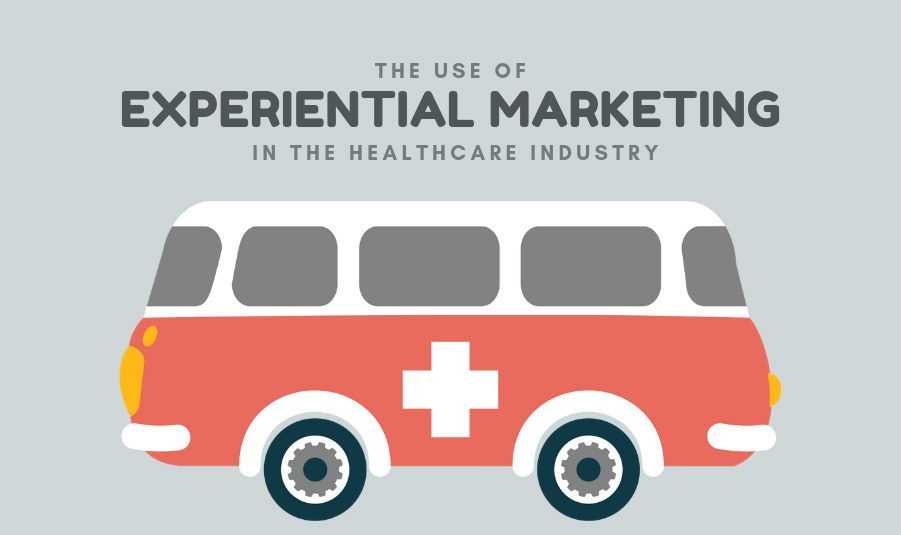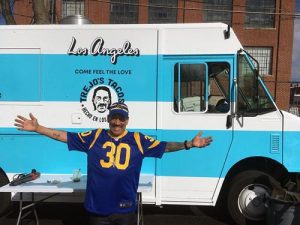As with any business, the success of companies in the healthcare industry relies on their consumers. However, due to restrictions on when, where, and how these companies can market, businesses in the medical industry may have a harder time properly reaching their audience. Due to these restrictions, many healthcare companies are turning to alternate marketing practices. Below you’ll learn how these companies utilize experiential marketing in the healthcare industry to connect with clients and raise awareness for common health concerns.
Wellness Tours
To better connect with their clients, many companies in the healthcare industry have begun to incorporate experiential marketing vehicles into their brand strategy. Typically, they use these marketing vehicles for wellness tours, in which they travel to various locations to promote healthy habits and address medical concerns. These wellness tours are not only beneficial in connecting with established customers but also allow the healthcare provider to meet and interact with potential new clients; it’s an opportunity to meet one-on-one and discuss the benefits of various healthcare plans as well as the customer’s potential health concerns. Healthcare providers often set up their vehicles at busy events, such as fairs or festivals, to reach the greatest amount of people. However, the mobile office’s relaxed environment offers clients the privacy needed to discuss their healthcare plan. This effectively squashes the fears and anxieties that occasionally accompany a visit to the doctor’s office. Marketing vehicles also allow healthcare providers to use face-to-face marketing, which helps them bond with clients and foster a stronger sense of trust.
Mobile Health Clinics
Some healthcare providers also use custom mobile health clinics to better connect with clients. Generally, insurance providers will sponsor these mobile clinics and use them to provide basic healthcare to insurance holders and potential new clients. Weight, BMI, and blood pressure tests are just a few of the health screenings mobile health clinics provide. The most common location for mobile clinics is office parking lots, as it targets working individuals who need convenient access to healthcare. By parking in office lots, employees can schedule routine medical exams without having to worry about taking time off from work to attend appointments. These touring units allow for higher throughput than what is normally possible in a doctor’s office. As such, employees have a better chance to ask their healthcare provider important questions face-to-face.
To further increase turnout for mobile health clinics, healthcare providers will often share a schedule of upcoming locations via social media. Platforms such as Facebook, Twitter, and Instagram are extremely important tools for experiential marketing in the healthcare industry. In fact, according to Medium, “88% of companies use social media to increase awareness before an event.” Social media is very prevalent in our society, and not just to younger generations—all individuals looking for in-person interactions with their healthcare provider will want to stay up to date on these clinics.




